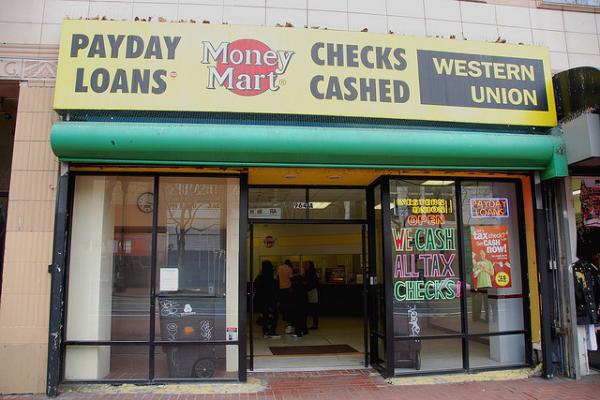The United States hosts more than 23,000 payday lending stores, which outnumbers the combined total of McDonald’s, Burger King, Sears, J.C. Penney, and Target stores. These payday lenders do not make conventional loans as seen in most banks, but instead offer short-term loan amounts for short periods of time, usually until the borrower’s next paycheck, hence the name “payday loans.”
While some borrowers benefit from this otherwise unavailable source of short-term and small-amount credit, the payday lending business model fosters harmful serial borrowing and the allowable interest rates drain assets from financially pressured people. For example, in Minnesota the average payday loan size is approximately $380, and the total cost of borrowing this amount for two weeks computes to an appalling 273 percent annual percentage rate (APR). The Minnesota Commerce Department reveals that the typical payday loan borrower takes an average of 10 loans per year, and is in debt for 20 weeks or more at triple-digit APRs. As a result, for a $380 loan, that translates to $397.90 in charges, plus the amount of the principal, which is nearly $800 in total charges.
Read the Full Article

